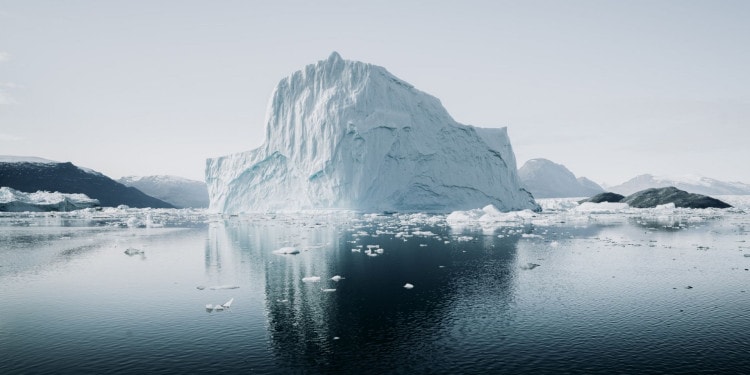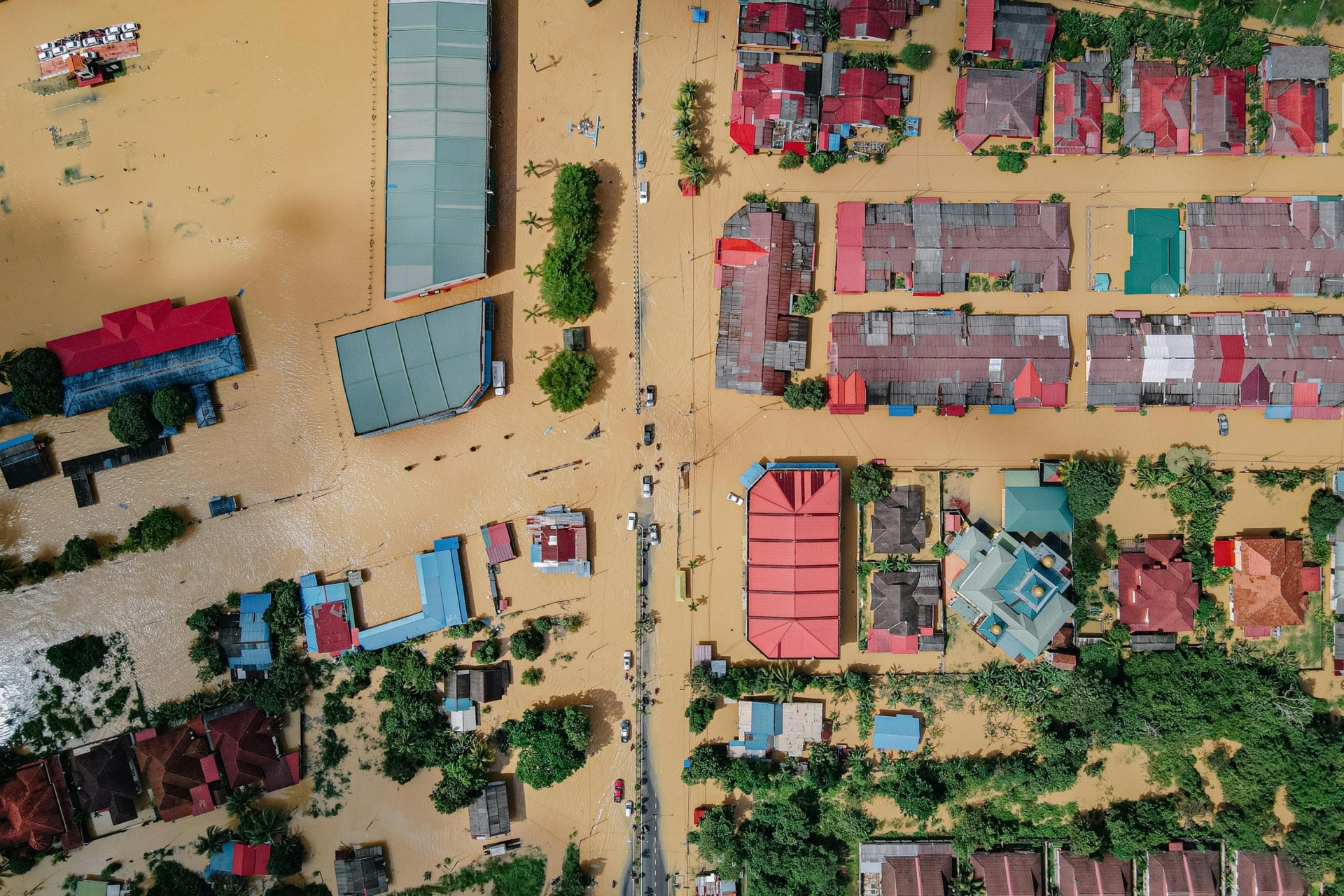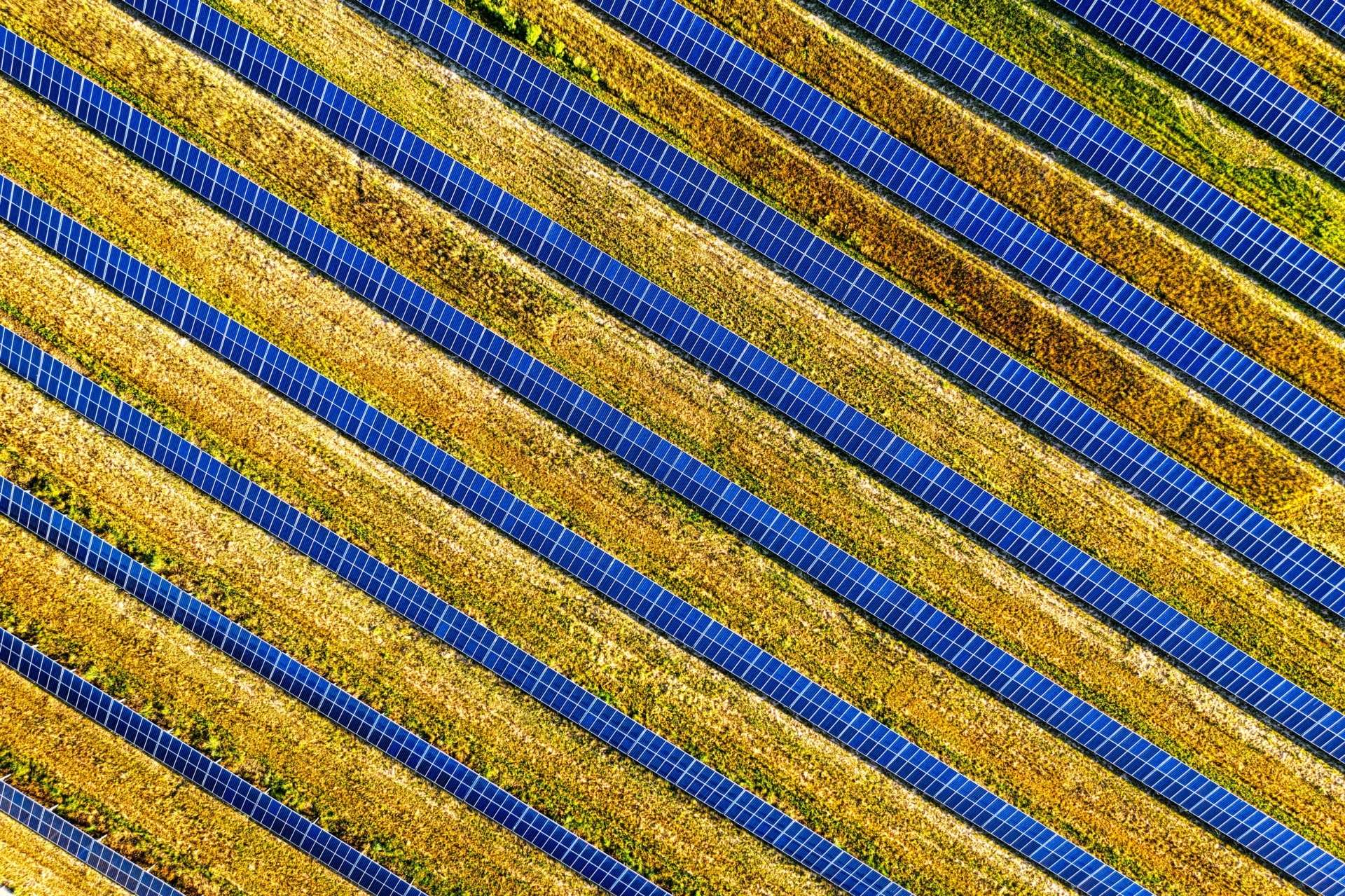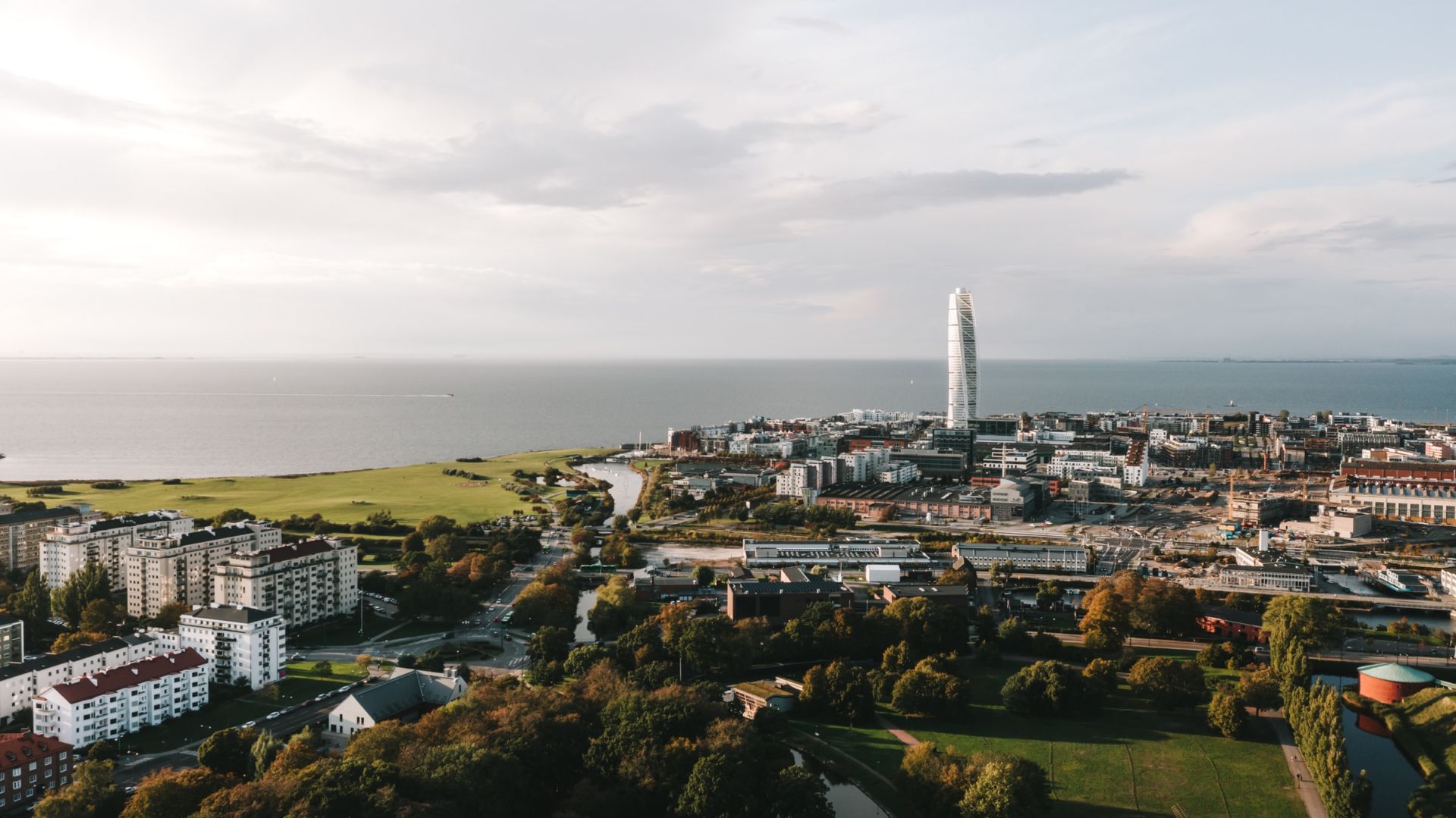The Government of Greenland has decided to cease issuing new licenses for any future oil and gas explorations.
The decision to halt oil exploration is also the story of a population that puts the environment first.
Pele Broberg, Minister for Business, Trade, Foreign Affairs and Climate.
The decision was publicly announced on Thursday, July 15. Greenland, the world’s largest island and an autonomous territory within Denmark, currently withholds large deposits of oil that remain unexplored. It is estimated that approximately 17.5 billion barrels of oil and 148 trillion cubic feet of natural gas lay unexplored around Greenland.
The government disclosed that these substantial reserves of oil and gas are estimated to be worth approximately USD 2.9 billion. Such substantial untapped oil and gas reserves could potentially grant Greenland independence from Denmark.
Denmark demonstrated a similar commitment to end oil and gas explorations on Dec. 4, 2020, when the government confirmed that they would end all oil and gas explorations and extractions by 2050.
Regardless of the possibility for independence, Greenland’s government is ready to relinquish its 50-year-long oil adventure and dream of becoming an oil-producing nation.
Today, the democratic-socialist ruling party, Inuit Ataqatigiit, maintains that oil exploration is not the future, but instead, the future lies with renewable energy and development. Oil and gas explorations are considered too costly an endeavour that poses serious consequences upon the climate and environment.
“This step has been taken for the sake of our nature, for the sake of our fisheries, for the sake of our tourism industry, and to focus our business on sustainable potentials,” the government, Naalakkersuisut, explains.
The Greenlandic population has based its livelihood on the country’s natural resources for centuries. Therefore, Greenland’s government values its abundance of natural resources and minerals, and “remains committed to developing the country’s vast mineral potential.” However, the answer is not to continue the detrimental exploration of natural resources including oil, gas, and other rare earth minerals like uranium.
Related Articles: Arctic Summer Sea Ice Could Disappear as Soon as 2035 | Scramble for the Arctic: Is World War III Next? | Victory for Climate Movement: Oil Giant Shell Condemned by Dutch Court
Greenland has made recent headway by proposing a ban on all investigation, exploration and extraction of uranium. Thereby, the government does not oppose mining and exploration of minerals as they can be critical for the phasing out of fossil fuels. But such mining must be done with due diligence and for the purpose of developing sustainable energy sources.
The consequences of continuing oil exploration are considered too detrimental. Whether it is the risk of an oil leak in the ocean, putting their highly valuable fishing industry at risk, or the dangers it imposes upon the already threatened ecosystem in the Arctic. Continued oil and gas exploration would increase the existing large carbon footprint in the Arctic and accelerate rising temperatures.
The decision to end oil and gas explorations in Greenland is therefore considered a vital act that furthers the Paris Agreement’s goal of limiting global warming to 1.5C compared to pre-industrial levels. As the Minister for Business, Trade, Foreign Affairs and Climate Pele Broberg puts it, it’s “also the story of a population that puts the environment first.”
Editor’s Note: The opinions expressed here by Impakter.com columnists or contributors are their own, not those of Impakter.com. — In the Featured Photo: Arctic Iceberg, Greenland. Featured Photo Credit: Annie Spratt, Unsplash.













